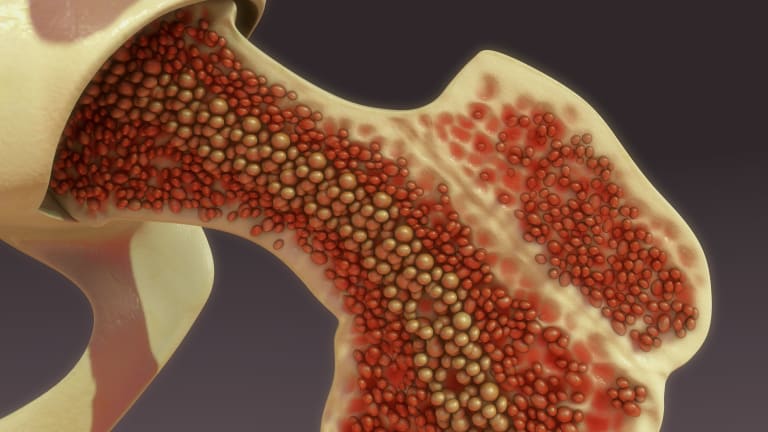Bone Marrow Cancer types and treatment

Bone Marrow Cancer types and treatment
- onco
- March 17, 2022
Bone marrow is a soft, spongy tissue found in the center of the majority of bones. Multiple myeloma, leukemia, and lymphoma are all cancers that can develop in the bone marrow. Stem cells in bone marrow develop into various types of blood cells, including:
Red blood cells transport oxygen and carbon dioxide throughout the body; white blood cells fight infection; and platelets aid in blood clotting.
When the body requires these blood cells, such as when old blood cells die, the body usually produces them. When these cells replicate too quickly, bone marrow cancer develops.
In this blog, we will look at the various types of bone marrow cancer, as well as their symptoms and treatment options.
Types of bone marrow cancer
Doctors identify this types of cancer based on the type of cell it affects in the body:
- Multiple Myeloma
Multiple myeloma is a cancer that develops in the plasma cells of the bone marrow. Plasma cells are important components of the immune system because they produce antibodies that the body requires to fight foreign bacteria.
- Leukemia
Cancers of the white blood cells are known as leukemias. These cancers can begin in other types of blood cells and then spread, or metastasize, into the bone marrow. Acute leukemias are cancers that grow quickly, whereas chronic leukemias grow slowly.
- Lymphoma
Cancer develops in the lymphocytes that circulate in the blood and lymph tissue after being produced in the bone marrow in people with lymphoma. Lymphoma can develop in a variety of locations throughout the body, including the bone marrow.
Treatment of bone marrow cancer
The type of treatment for this type of cancer is determined by a variety of factors, including the extent and type of cancer, as well as the patient’s age and overall health. A cancer care team will tailor treatment to the individual’s healthcare requirements.
- Chemotherapy
Chemotherapy employs medications to either kill or prevent cancer cells from replicating. Chemotherapy treatment comes in a variety of forms. Chemotherapy is frequently administered by injection or via an intravenous (IV) drip by a cancer team. They will, however, occasionally give the individual oral medications instead.
- Radiation therapy
This treatment involves delivering radiation directly to cancer cells in order to prevent them from multiplying and spreading. An oncologist, a cancer specialist, may use a machine that directs a high-powered radiation beam at the affected bone marrow.
If the cancer has spread to other parts of the body, the oncologist may advise total body irradiation. A specialized machine will be used by the cancer care team to immerse an individual in radiation. This irradiation is frequently used in conjunction with chemotherapy drugs as a preparation for a bone marrow transplant.
- Stem cell treatment
In some cases, a stem cell transplant may be an option, but not everyone with bone marrow cancer is a candidate for this type of treatment. Before the stem cells are administered via IV, a person will receive high doses of chemotherapy or radiation therapy to kill the existing bone marrow.
Get the second opinion from the best Cancer doctors in Delhi
Recent Posts
-
Can Testicular Cancer affect fertility?
April 23, 2025
-
Why are Breast Cancer Cases Increasing Around the World?
April 17, 2025





Leave a Reply